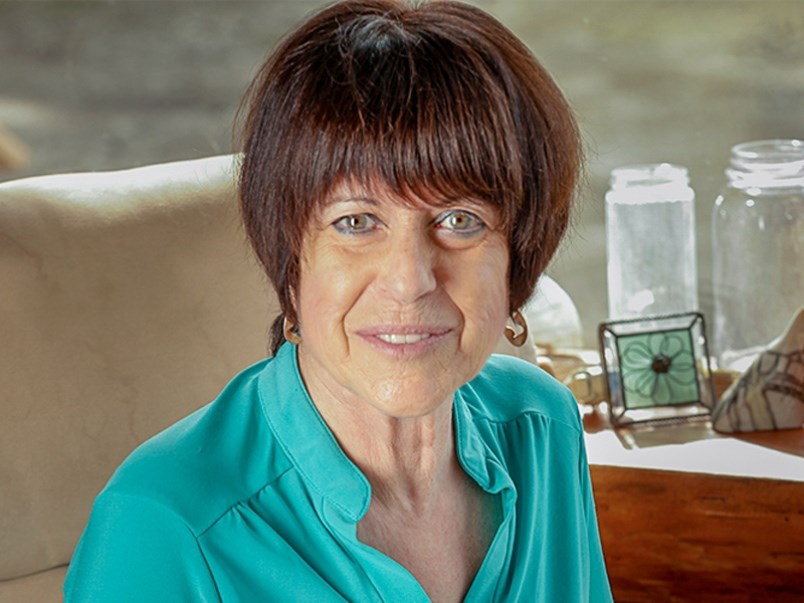qathet Regional District board will be looking at the prospect of taking the necessary steps to receive connectivity funding to develop and implement plans for a connected region.
At the committee of the whole meeting on Thursday, November 14, regional directors considered a motion from Electoral Area D director Sandy McCormick to improve internet access throughout the regional district. She said she does not have internet access at her home on Texada Island.
“It’s important that everyone have access to this,” she said.
In a memo to the committee, McCormick said some residents of the region do not currently have access to high-speed internet and are at an extreme disadvantage because of this.
“For the qRD to grow to its fullest potential, all residents need this access,” stated McCormick in her memo. “Funding streams and technical expertise are currently available to local governments to develop and implement plans for connecting all residents with access to high-speed internet.”
McCormick stated her proposal is for staff to take the steps necessary to receive this funding and to develop and implement plans for all residents to access high-speed internet for the sustainability of the region as a whole.
She told the committee that funding is available to develop and implement a plan but the regional district has to make the decision of whether it wants to go down this road.
Area A director Patrick Brabazon said he had trouble with this recommendation because it is wide open and vague. He said there are options coming available and he understands the federal government is dumping millions of dollars into rural connectivity. He said, however, given that he finds the motion wide open and vague, he is not sure what staff is going to do.
City director George Doubt said he had similar concerns. He said the notion of connected communities is great, but if staff is going to look into community connectivity, the board needs to keep an open mind about what that means.
“There are many different modes of connectivity: there are fibre optic options, wireless options and satellite options,” said Doubt. “We shouldn’t exclude any of those options or the places where they may be appropriate. I would rather see us looking into a frame of reference for a connectivity process and then seeking funding to fit that process, rather than simply going to get funding without really knowing exactly what it’s for.”
McCormick said there are probably multiple solutions for multiple different areas, and so, finding the right solution to fit the areas in need would be why a consultant would be engaged to provide that information. They could help find appropriate solutions and identify where the money can be found.
Chief administrative officer Al Radke said the mechanism would be to reach out to the funder organization to get funding that would enable the regional district to hire a consultant to do the engagement and figure out what it takes to get connectivity into the various areas.
The committee carried a motion that the regional board direct staff to take the necessary steps to receive connectivity funding to develop and implement plans for a connected region. The committee also carried a motion for the committee to direct staff to prepare a memo outlining steps regarding development and implementation of a plan for a connected region.



